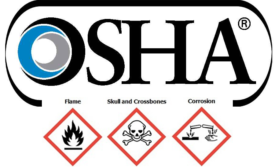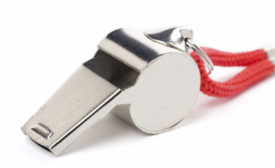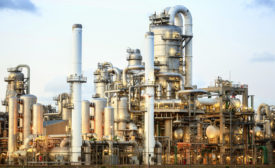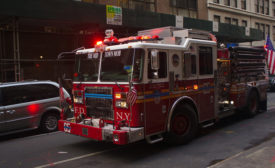Featured on Home Page
Nuclear plant contractor fined for 2015 arc flash
Safety training, hazard ID deficient
May 20, 2016
Georgia worker severely burned by arc flash
Employers failed to power down cabinet before electrician began work
May 19, 2016
Become a Leader in Safety Culture
Build your knowledge with ISHN, covering key safety, health and industrial hygiene news, products, and trends.
JOIN TODAYCopyright ©2025. All Rights Reserved BNP Media.
Design, CMS, Hosting & Web Development :: ePublishing







